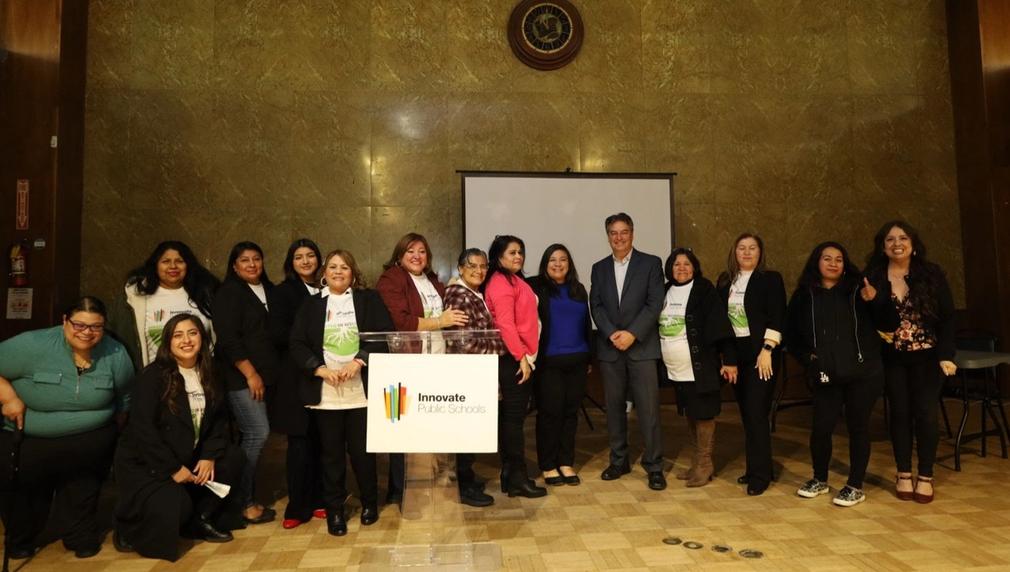Learning Through Growing: SELA Edible School Gardens
The Edible School Gardens initiative aims to tranform Southeast LA schools into spaces where students can grow, learn, and thrive. By integrating nutrition, science, and hands-on gardening, we’re helping kids build healthier habits and deeper connections to their food and education.

What is the primary issue area that your application will impact?
K-12 STEAM education
In which areas of Los Angeles will you be directly working?
South LA East LA
In what stage of innovation is this project, program, or initiative?
Pilot or new project, program, or initiative (testing or implementing a new idea)
What is your understanding of the issue that you are seeking to address?
Students in Southeast LA (SELA), a region home to 60,000+ LAUSD students, 97% of whom are Latinx and 91% low-income, face persistent educational inequities. While academic recovery remains a priority, parents in SELA are also raising urgent concerns about food quality in schools. Nutrition is a key equity issue. Parents are advocating for a whole child approach that includes hands-on agricultural learning, food growing, and nutrition education. These efforts will empower students to understand where food comes from, how seasons affect access, and how to make healthier food choices. Integrating agriculture into science curriculum can provide real-world, hands-on learning while exposing students to healthier eating habits and cultural foods. Addressing the systemic barriers to quality food in schools is not only about meals; it’s about academic success, health, and dignity.
Describe the project, program, or initiative this grant will support to address the issue.
Innovate will continue our community-driven initiative to address student wellness and learning through edible school gardens in Southeast LA (SELA). Parents have elevated food quality as a top concern, recognizing nutrition’s link to student health, engagement, and academic success. This project will focus on establishing edible school gardens (ESGs) as hands-on learning spaces that integrate agriculture, science, and nutrition education; empowering students to make informed food choices and reconnect with healthy eating habits.
With LA2050 support, Innovate will target five SELA schools, aiming to break ground on ESGs at four sites by the end of the 2025–26 school year. We’ll coordinate with school operations and architects, identify resources, and organize site visits so parent leaders can experience existing ESG models firsthand. At Parent Centers, we’ll host workshops, led by trained parent facilitators, to build community buy-in and co-design each garden. Parent leaders will be supported with training to lead outreach, engagement, and education efforts that are relatable, culturally relevant, and rooted in community voice. This initiative will create sustainable models for whole-child learning and improve school food culture from the ground up.
Describe how Los Angeles County will be different if your work is successful.
If our work is successful, students in Southeast LA will grow up healthier, more engaged, and better prepared for academic and lifelong success. Edible school gardens will provide hands-on learning opportunities that improve nutrition, support science education, and shift how children relate to food, from kindergarten through high school. We hope students will perform better in school, and long-term health outcomes, like rates of diabetes and hypertension, will decline as children develop healthier habits early. Parents will be empowered as advocates and educators, leading workshops and driving system level changes to ensure every child has access to nutritious food and quality learning environments. Career and Technical Education (CTE) pathways in agriculture and health will also emerge, opening up opportunities for college and meaningful careers. This project will shift mindsets, school culture, and student outcomes, one garden, one classroom, one meal at a time.
Approximately how many people will be impacted by this project, program, or initiative?
Direct Impact: 300
Indirect Impact: 6,000